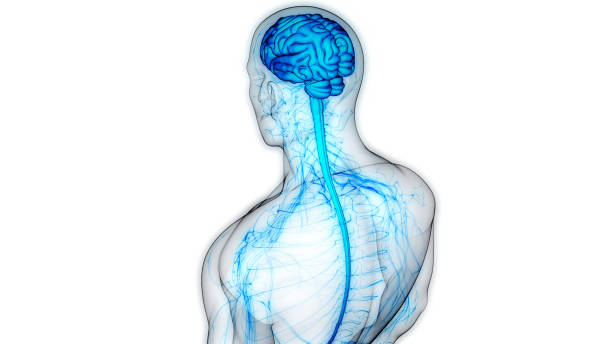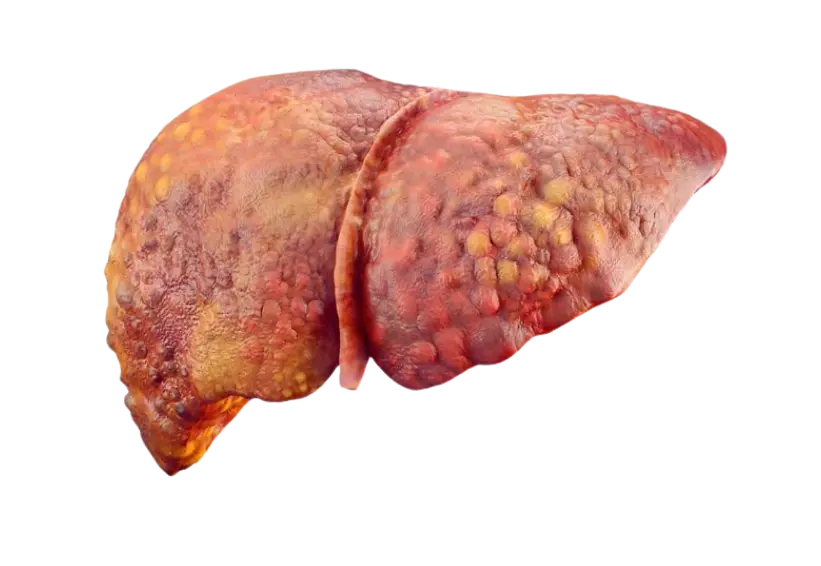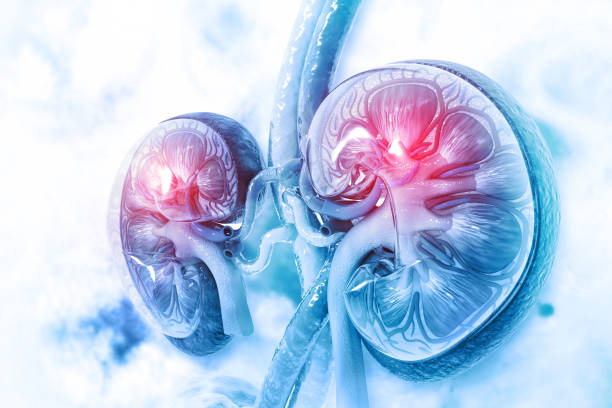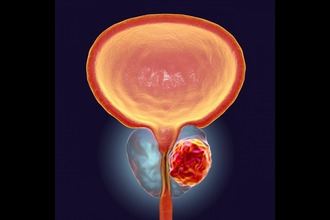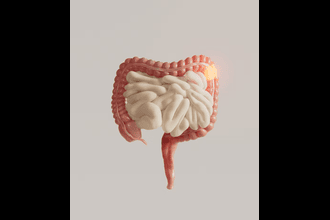- Numbness, weakness, or tingling in the limbs
- Headaches
- Difficulty walking and maintaining balance
- Cognitive problems
- Seizures and abnormal behavior
- Hypersensitivity
- Speech or vision difficulties
- Muscle rigidity
- Depression or anxiety
Nurvous System Disorder
A nervous system disorder is a medical condition that significantly affects the brain, spinal cord, and nerves. These disorders can range from mild to severe and impact a person's overall well-being. Symptoms vary, allowing for early diagnosis and intervention. Timely medical attention and lifestyle changes are essential in managing these disorders effectively.
Understanding the Nervous System and Its Role
The nervous system functions as the body's communication network, controlling and coordinating actions such as walking, thinking, and memorizing. When the nervous system is impaired due to injuries, genetic factors, or diseases, it leads to nervous system disorders. The symptoms depend on the specific condition and may include numbness, memory loss, mood changes, weakness, or pain.
Symptoms Associated with PCOD
Most commonly, every patient experiencing PCOD displays a certain set of similar symptoms.
Peripheral Neuropathy
This condition arises when peripheral nerves connecting the brain and spinal cord to other body parts are damaged. Causes include injuries, infections, and diabetes. Symptoms include tingling, pain, weakness, and numbness in the hands and feet.
Multiple Sclerosis (MS)
MS is an autoimmune condition where the immune system attacks the nerve fibers and their protective covering, disrupting communication between the brain and body. Symptoms include weakness, difficulty walking, numbness, vision problems, and cognitive changes.
Alzheimer's Disease
A form of dementia, Alzheimer’s leads to memory loss, cognitive decline, and disorientation. It interferes with nerve function, making communication difficult and affecting thinking ability.
Parkinson's Disease
Parkinson's disease is a neurological disorder that affects the control of movement. It occurs when the nerve cells in the brain are damaged, resulting in a dopamine shortage.
Amyotrophic Lateral Sclerosis (ALS)
ALS, also known as Lou Gehrig's disease, is a progressive neurological disease that affects the motor neurons responsible for controlling voluntary muscle movements.
Carpal Tunnel Syndrome
Carpal tunnel syndrome occurs when the median nerve, which runs through the wrist, becomes compressed. It often results from repetitive movements or prolonged pressure on the wrist.
Migraine
Migraines cause severe headaches, nausea, vomiting, and sensitivity to light and sound. They are linked to brain chemistry changes and can be triggered by hormonal shifts, stress, certain foods, and environmental factors.
Symptoms of Nervous System Disorders
Nervous system disorders are complex and can significantly impact a person's life. Early intervention and proper treatment are crucial. With appropriate medical care and lifestyle adjustments, many individuals can manage their symptoms and lead fulfilling lives.
